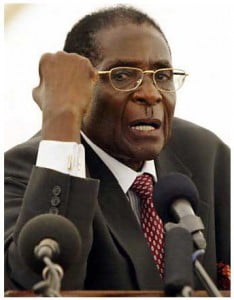 As you will be well aware, General Synod this week voted not to approve the measure to allow women to be ordained bishops. Was this the most important thing that happened in the news? No. Does it spell the end of the Church of England? No. Is it a reason to leave the Church? No. Does it fatally compromise the Church’s life and ministry in this country? Contrary to some reports, I believe not. I do not think that having women bishops is of the esse of the Church. (I don’t think having any kind of bishops is, but that is another story.)
As you will be well aware, General Synod this week voted not to approve the measure to allow women to be ordained bishops. Was this the most important thing that happened in the news? No. Does it spell the end of the Church of England? No. Is it a reason to leave the Church? No. Does it fatally compromise the Church’s life and ministry in this country? Contrary to some reports, I believe not. I do not think that having women bishops is of the esse of the Church. (I don’t think having any kind of bishops is, but that is another story.)
But we do need to reflect on what has happened here.































